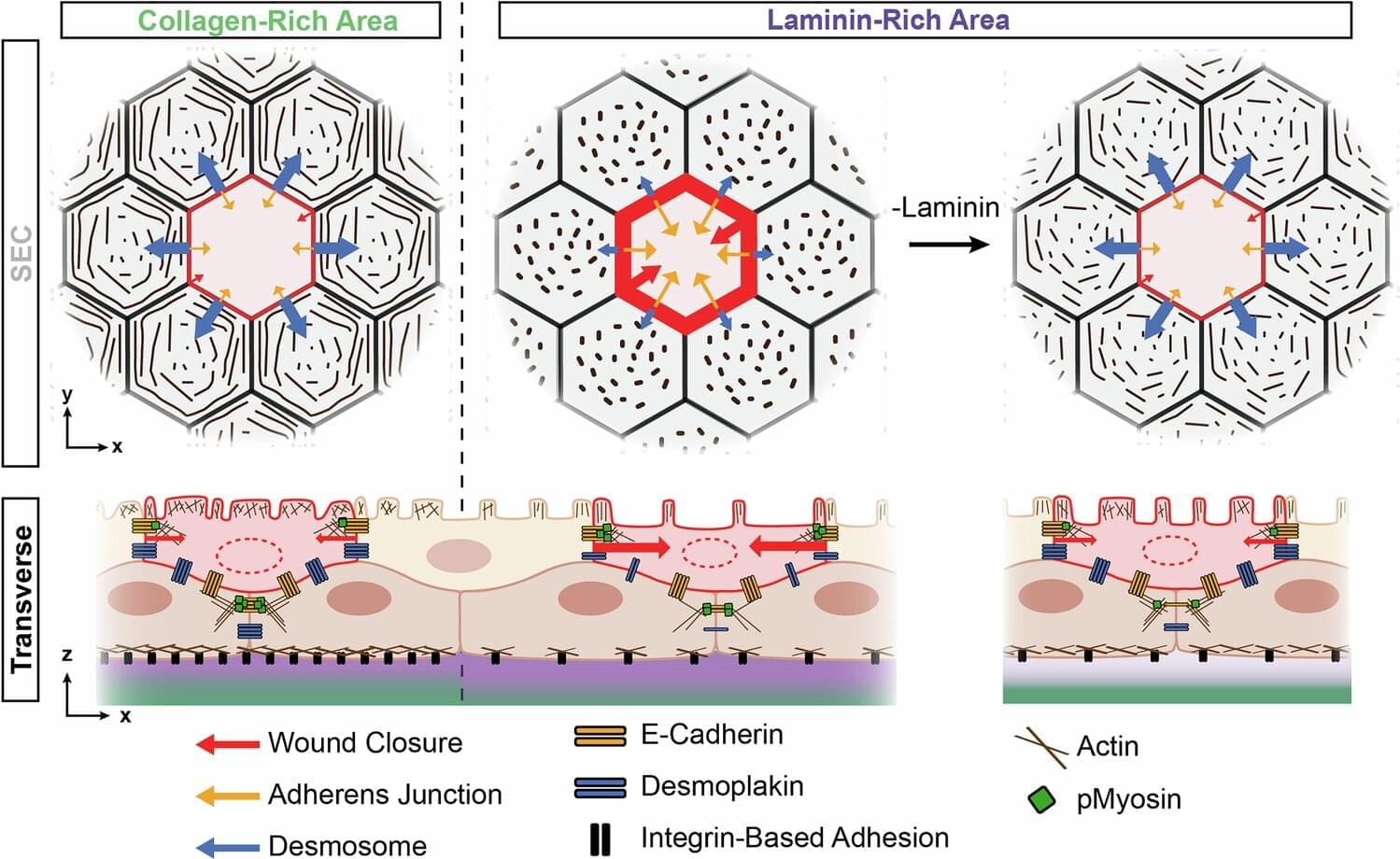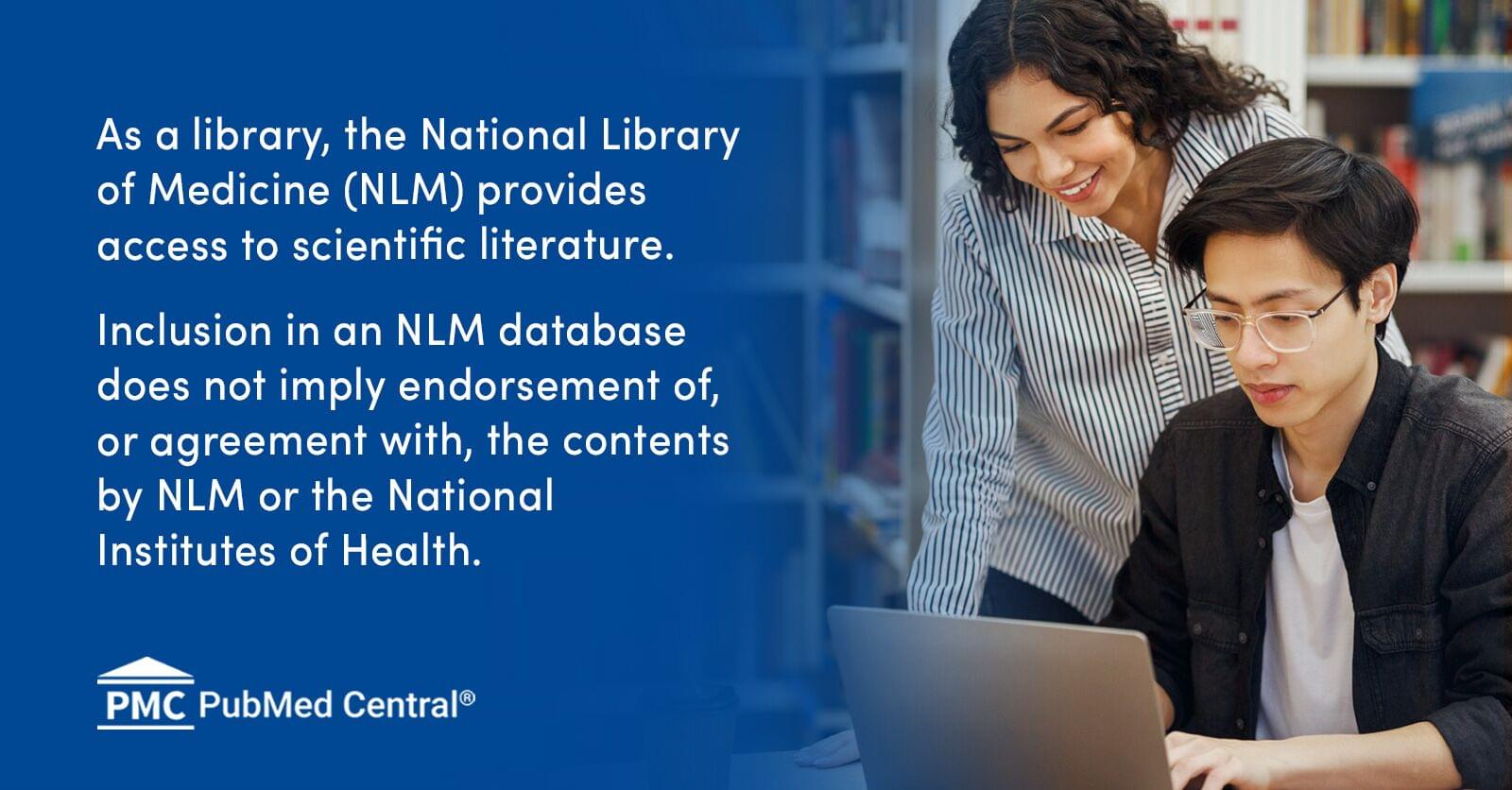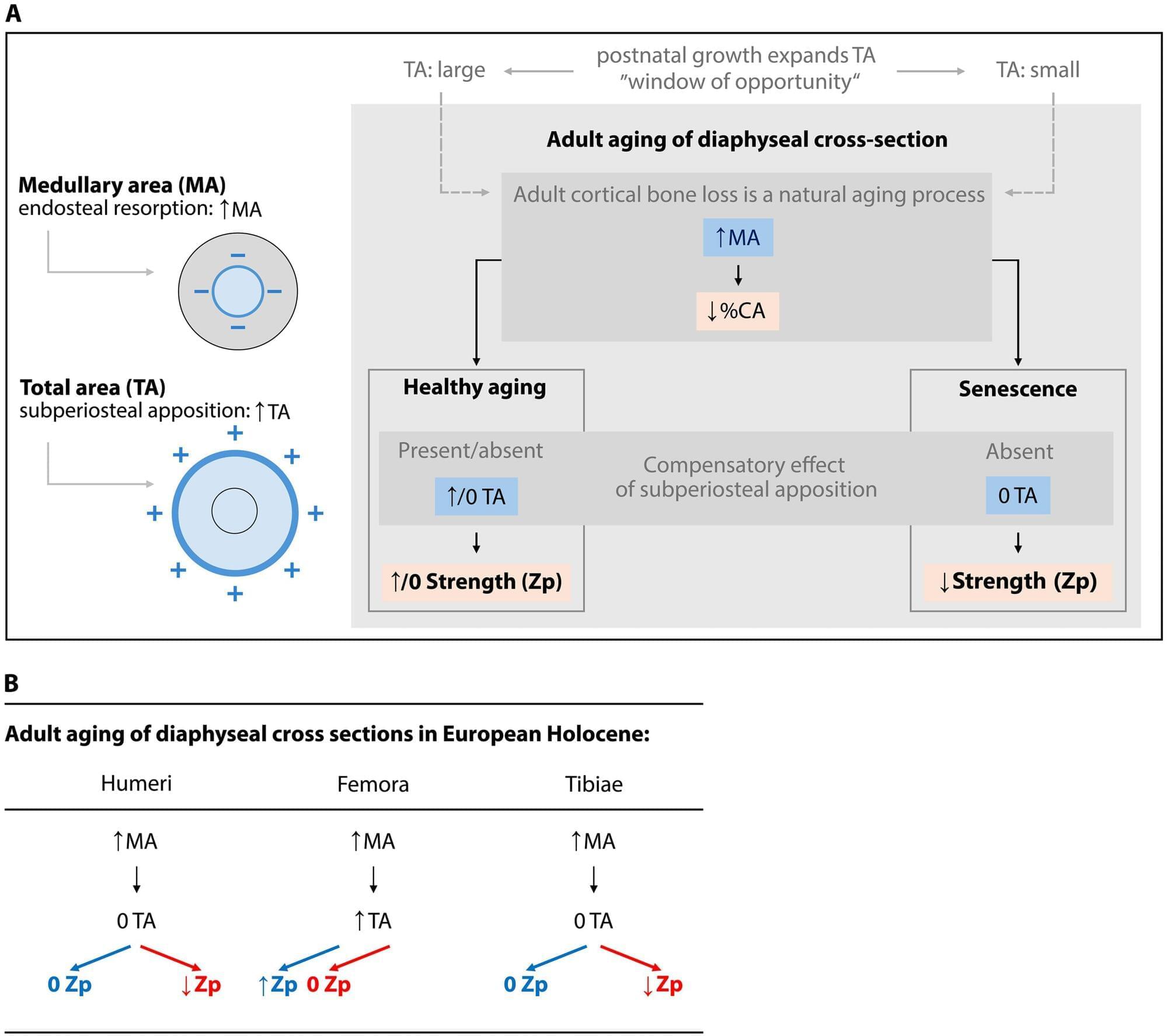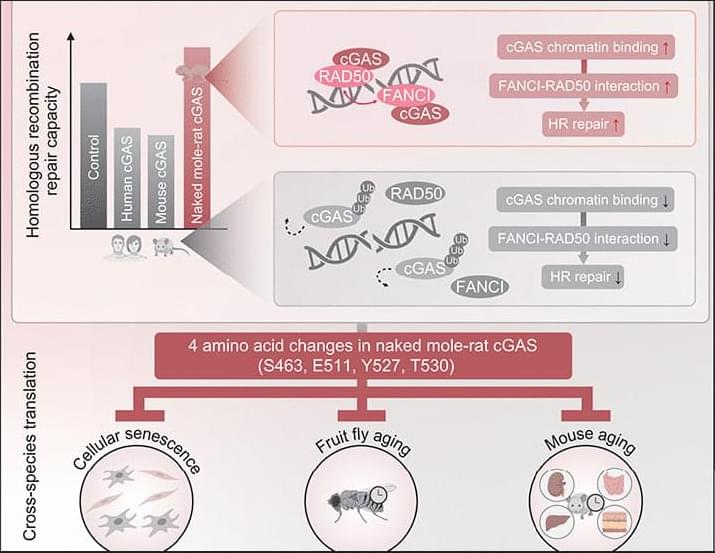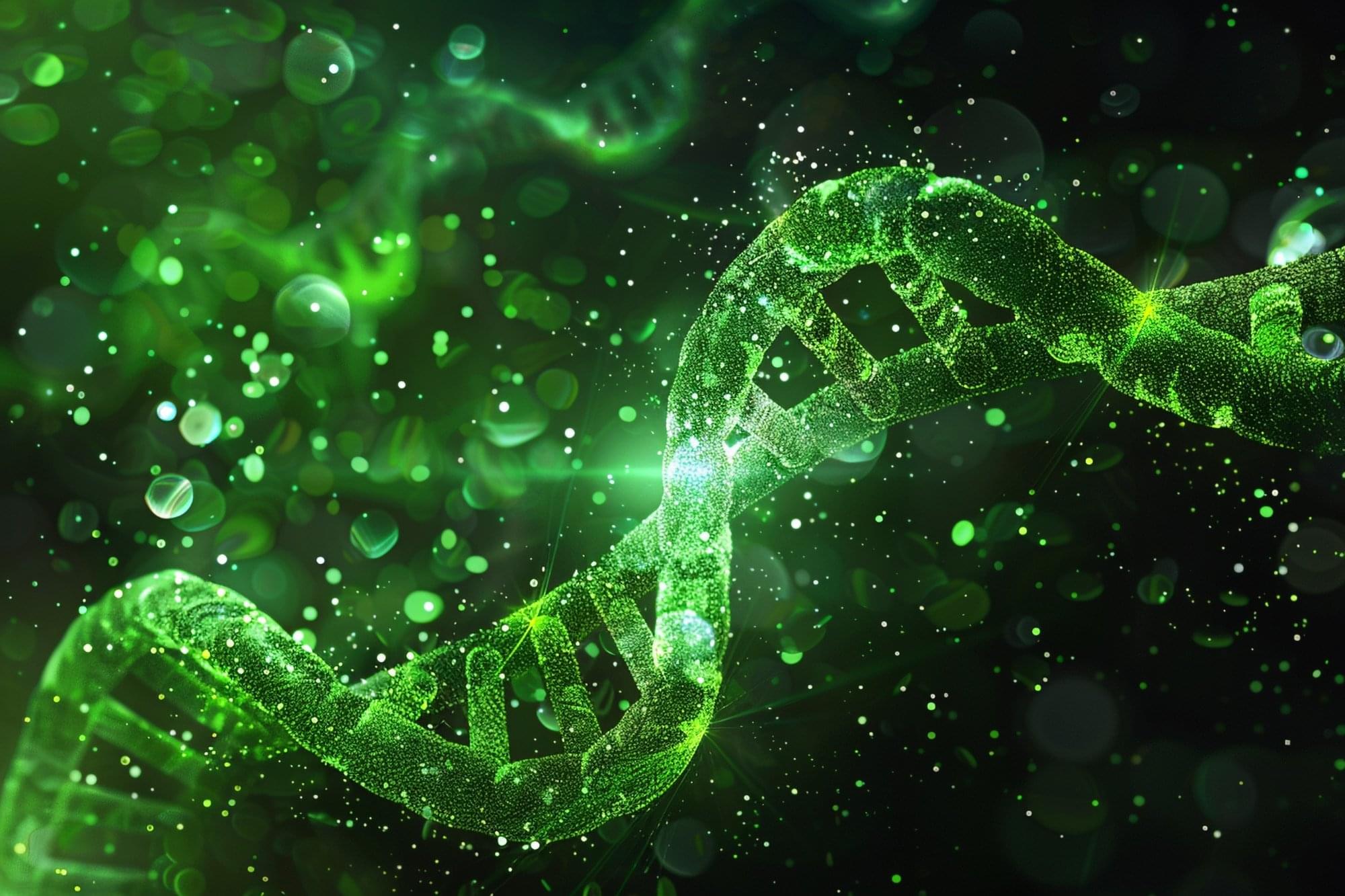Medical drugs are expensive to make and can have an adverse effect on the environment. Researchers Stefano Cucurachi and Justin Lian have developed a framework to help the health care system assess the economic and environmental sustainability of medical compounds. The research is published in the Proceedings of the National Academy of Sciences.
With a growing and aging population, and more people living with chronic disease, health care costs are rising and the pharmaceutical industry is expanding fast. Patients and health care professionals are also beginning to wonder about the environmental impact of medicines. But information on this is lacking.
“Some sources claim 10% of all pharmaceuticals have an environmental risk, but only the smallest fraction has ever been assessed,” says Cucurachi, Associate Professor of industrial ecology.

